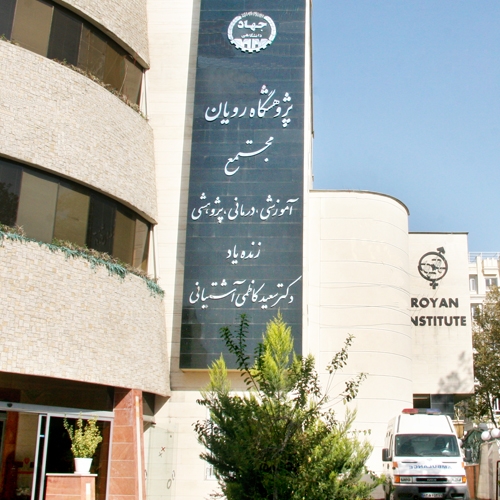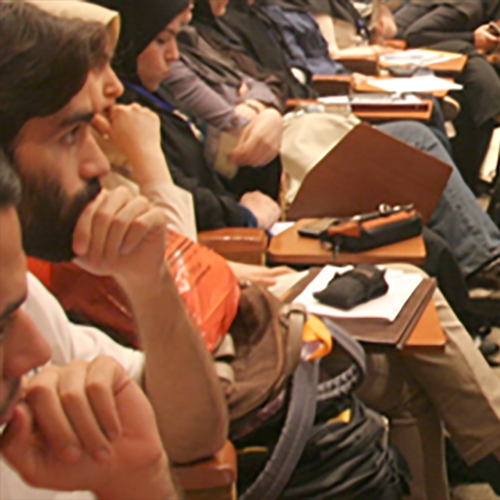Celltherapy Center
Department of Regenerative Medicine
Branch of biological science that was first introduced by Trembly, which caused many of the cognitions in the development and revolution in medical treatment, suggested to cure the cause of disease rather than treating their symptoms. Regenerative Medicine is a collection of applied data from biology, such as growth factors, cell therapy, tissue engineering and organ transplantation with the aim of reducing tissue destruction related mortality. Currently in spite of advances in identification of growth factors involved in the normal regeneration of the body or improvement in tissue engineering and organ transplantation, cell therapy with the simple idea of replacing the missing parts by using stem cells is still the best choice. As a result most of the research activities conducted at the Department of Regenerative Medicine focused on translational and clinical studies using cell therapy. Clinical use of cell therapy requires provision of specific infrastructure constructions. One of them is providing GMP condition for cell production. In these units, as well as isolation and culturing cells in completely sterile conditions, plenty of efforts are made to produce cells with highest quality for cell therapy. Therefore, quality control laboratories in addition to clean rooms are important parts of this unit. Translating the results obtained from studies in animal models is another feature of this group. In this regard, model of acute renal failure with use of cyclosporine and kidney transplantation in monkeys was set in 2012. Besides the above-mentioned potential, the active research groups in the department include: Skin disorders Cardiovascular disorders Bone and Joint disorders Neuromuscular disorders Kidney disorders.
Royan Cell Therapy Center
Royan Cell Therapy Center was established in 2008 to provide medical services and perform clinical trials. Available services through Good Manufacturing Practices (GMP) grade cell products are:
Branch of biological science that was first introduced by Trembly, which caused many of the cognitions in the development and revolution in medical treatment, suggested to cure the cause of disease rather than treating their symptoms. Regenerative Medicine is a collection of applied data from biology, such as growth factors, cell therapy, tissue engineering and organ transplantation with the aim of reducing tissue destruction related mortality. Currently in spite of advances in identification of growth factors involved in the normal regeneration of the body or improvement in tissue engineering and organ transplantation, cell therapy with the simple idea of replacing the missing parts by using stem cells is still the best choice. As a result most of the research activities conducted at the Department of Regenerative Medicine focused on translational and clinical studies using cell therapy. Clinical use of cell therapy requires provision of specific infrastructure constructions. One of them is providing GMP condition for cell production. In these units, as well as isolation and culturing cells in completely sterile conditions, plenty of efforts are made to produce cells with highest quality for cell therapy. Therefore, quality control laboratories in addition to clean rooms are important parts of this unit. Translating the results obtained from studies in animal models is another feature of this group. In this regard, model of acute renal failure with use of cyclosporine and kidney transplantation in monkeys was set in 2012. Besides the above-mentioned potential, the active research groups in the department include: Skin disorders Cardiovascular disorders Bone and Joint disorders Neuromuscular disorders Kidney disorders.
Royan Cell Therapy Center
Royan Cell Therapy Center was established in 2008 to provide medical services and perform clinical trials. Available services through Good Manufacturing Practices (GMP) grade cell products are:
- Mesenchymal stromal cells for Osteoarthritis
- Melanocytes cells for Vitiligo
- Fibroblast cells for Wrinkle and Acne Scar
- Mono nuclear cells for Heart Failure
- Limbal stem cells for Chemical Injury of Cornea
- Muscle derived stem cells for Stress Incontinency





